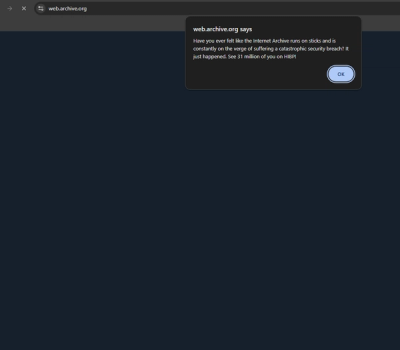
Security News
Deno 2 Improves Compatibility with Node.js and npm, Expands Package Management Features
Deno 2.0 is now available with enhanced package management, full Node.js and npm compatibility, improved performance, and support for major JavaScript frameworks.


